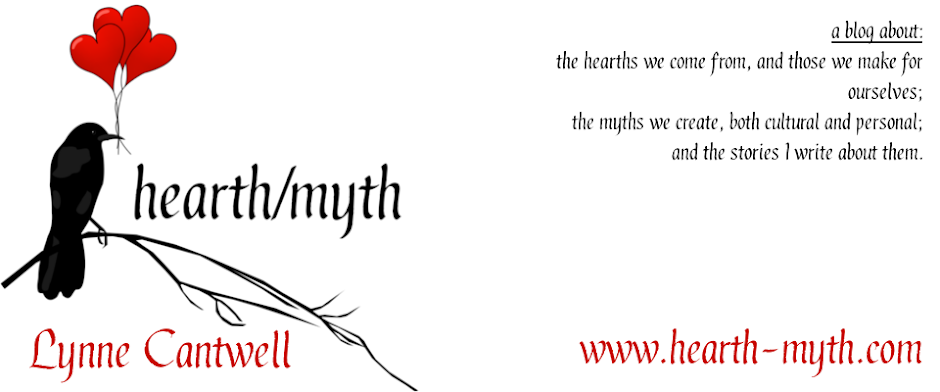- The Seized trailer was featured this weekend at Indies Unlimited. I hope you've had a chance to stop by and see it -- and to see the new blog setup. The Evil Mastermind put the blog through an upgrade this week; we're still working out the kinks, but it's coming along.
- If you haven't yet picked up your free e-book copies of Seized and SwanSong at Smashwords, time's a-wastin'! The sitewide Summer/Winter promotion ends Tuesday. Hie thee to Smashwords and pick up some good reads (not just mine!) to see you through the end of the season.
- In case you need an extra impetus to get those free downloads now, prices for the e-book editions of both Seized and SwanSong will be going up next week, once the Smashwords promotion is over.
Speaking of the end of the season, it may not seem like it yet, here in the US, but summer's on the wane. This coming Wednesday is Lughnasa, the cross-quarter day named for the Celtic god Lugh.
Lugh of the Long Hand is often mistakenly called a sun god. He's not; he's the Celtic god of light. (The Celts' sun god was Belenos, for whom Beltane is named.) Lugh is also associated with lightning, and is sometimes called their storm god.
But don't think Lugh's a slacker just because he's not a god of the sun. Far from it! It's clear from the tale told of his arrival at Tara, the court of the Tuatha de Danann. Lugh approached the gate guard while the Tuatha were inside, feasting, and asked to be let in. He might have thought he would have no trouble being admitted, seeing as he was the son of Cian, one of the Tuatha, and Ethlinn, the daughter of the king of the Fomorians. But the gate guard told him he could come in only if he had a skill with which to serve the king, who was Nuada at that time. Lugh said he was a carpenter; the guard said they had one already. Well, said Lugh, he was a smith; no, they had a smith already, too. Lugh then said he was a champion, but they had one of those as well. He then asked after a string of other jobs: harper (no), poet (nope), magician (uh-uh), physician (sorry, no), cup-bearer (we have nine!), and a worker in brass (negative). Finally, Lugh told the guard to go and ask the king whether he had one man who could do all those things. When Nuada heard the guard's report, he told him to try the kid at chess -- and Lugh won every game. Then Nuada let him in. Later, when Nuada was wounded, the Tuatha made Lugh their king.
As pleasant (and competent!) a god as Lugh was, you didn't want to cross him. The three sons of Tuireann learned this to their sorrow when, on impulse, they killed Lugh's father Cian. When Lugh heard of it, he called the three men before him and bade them pay for their misdeed by bringing him nine precious things from all around the world -- things which they would have to steal, because their owners would likely not part from them otherwise. Lugh assumed the brothers would be killed on their quest.
So the brothers embarked on their journey, and with a mixture of pleading, chicanery, and magical help, they managed to procure eight of the nine precious things. For the final item, the brothers were to give three shouts on the Hill of Miochaoin in Lochlann (probably either Norway or northern Scotland). The hill's owner sent his three sons to fight them, for no one was allowed to shout upon the hill. The sons of Tuireann killed the other three, but were mortally wounded themselves. They sailed back to Ireland on the brink of death, and bade their father to ask Lugh for healing. But Lugh refused. So the sons died of their wounds, and their father died of grief.
(The tale of the sons of Tuireann is one of the three great Irish tragedies. The story upon which SwanSong is based is another, and the third is the tale of Deirdre of the Sorrows.)
After Lugh's foster mother Tailtiu died (she had taken it upon herself to clear the land for crops, and died of exhaustion), he set August 1 as the day of her funeral feast and a series of games and sporting events -- a celebration that became an annual tradition. Today, Neopagans also mark the season with games, and with mourning the passing of summer as the first crops are harvested. Bread made from new grain is often served, and Lugh's blessing may be asked that the rest of the harvest not be ruined.
May Lugh bless you and grant you a fine First Harvest this year. Happy Lughnasa!
***
I'm Lynne Cantwell, and I approve this blog post.


No comments:
Post a Comment